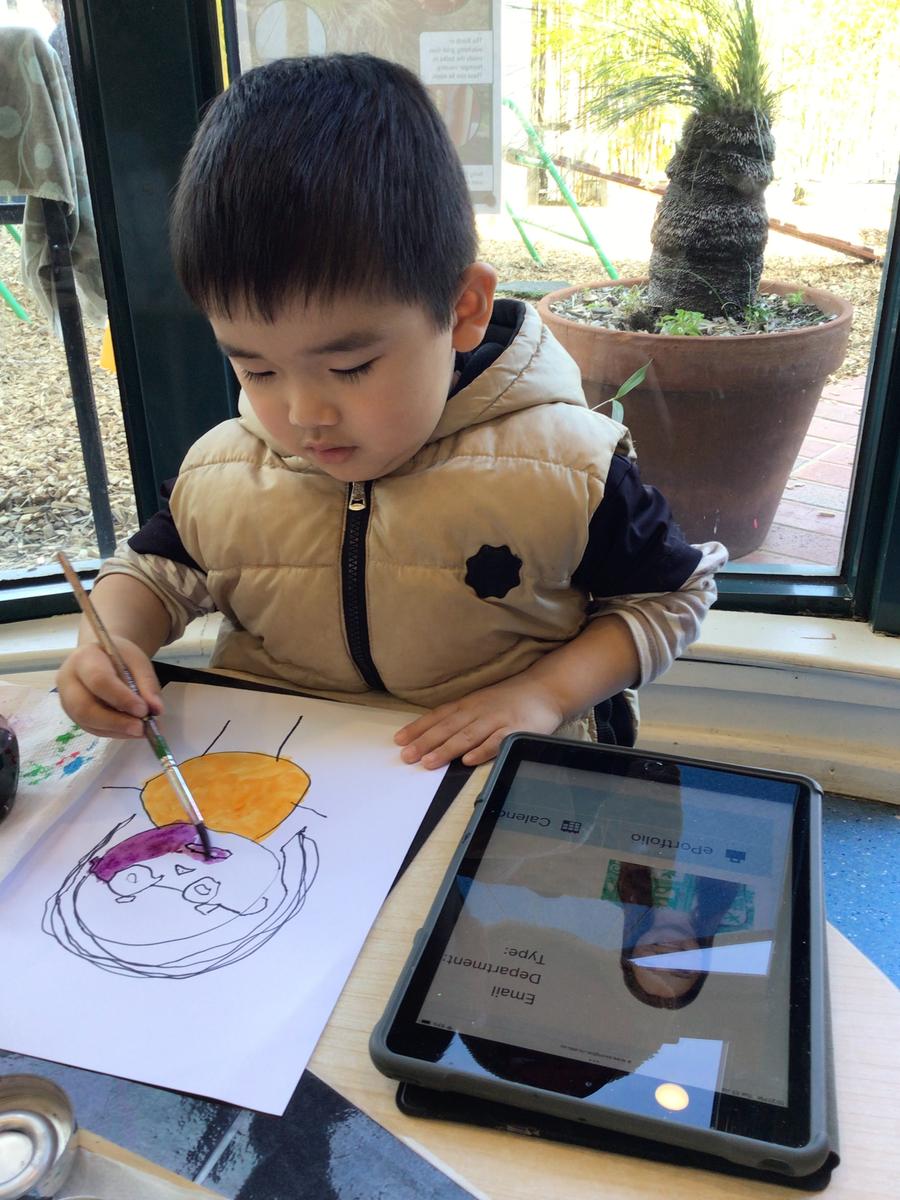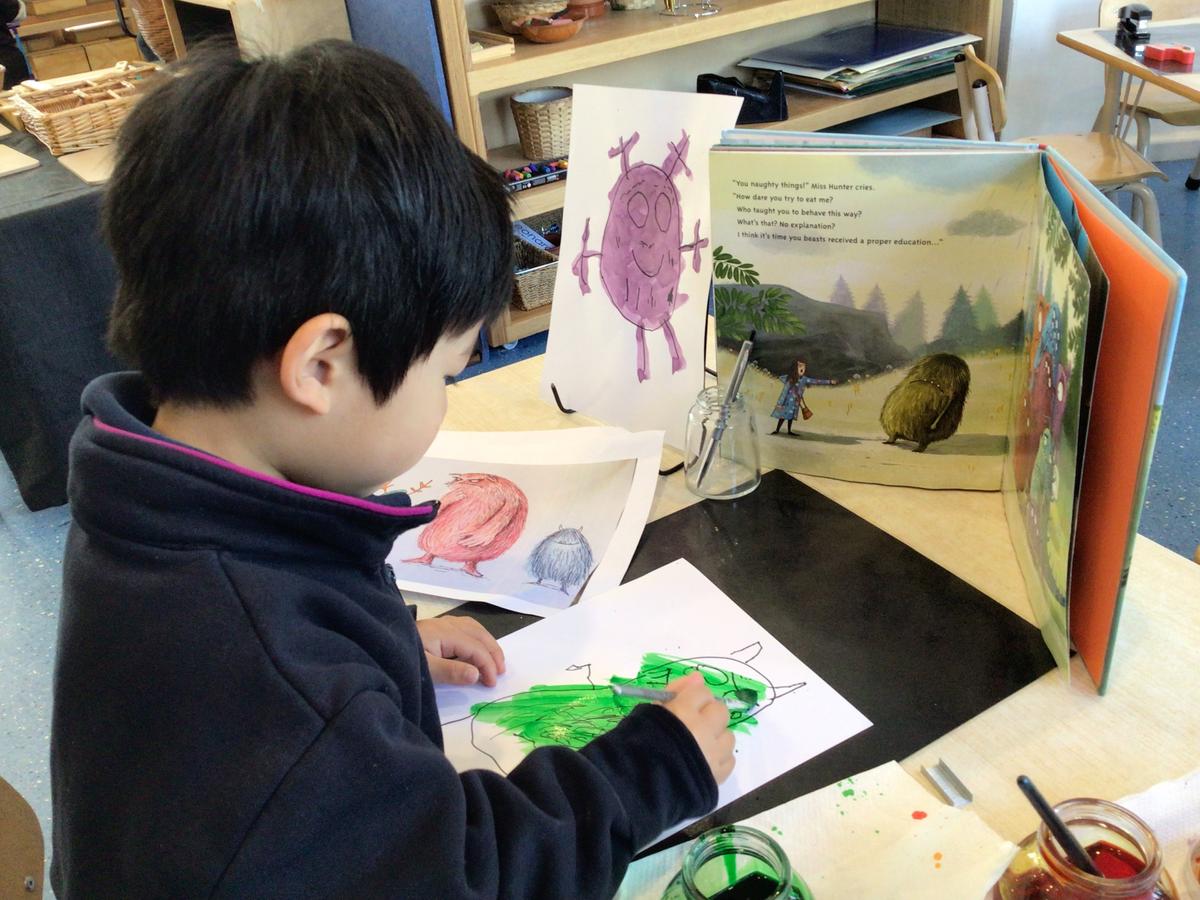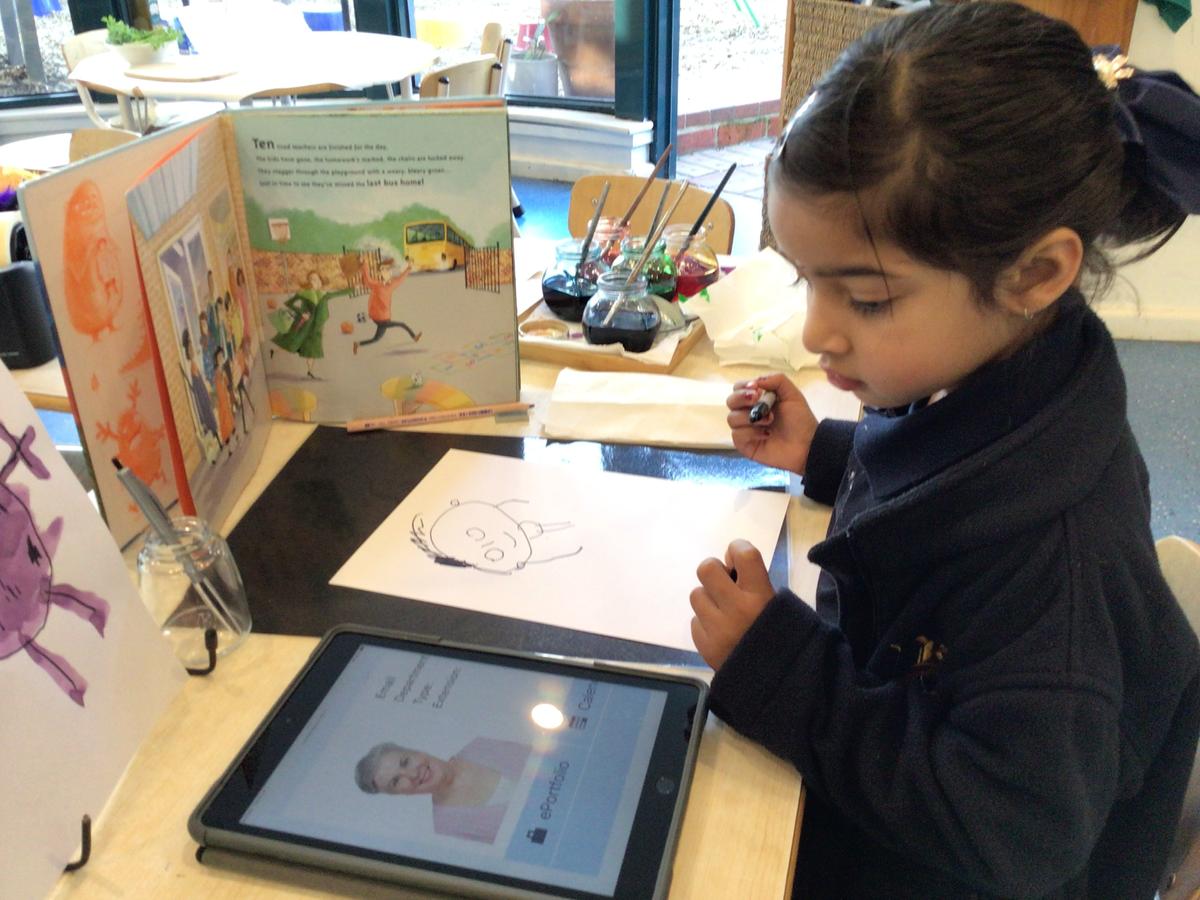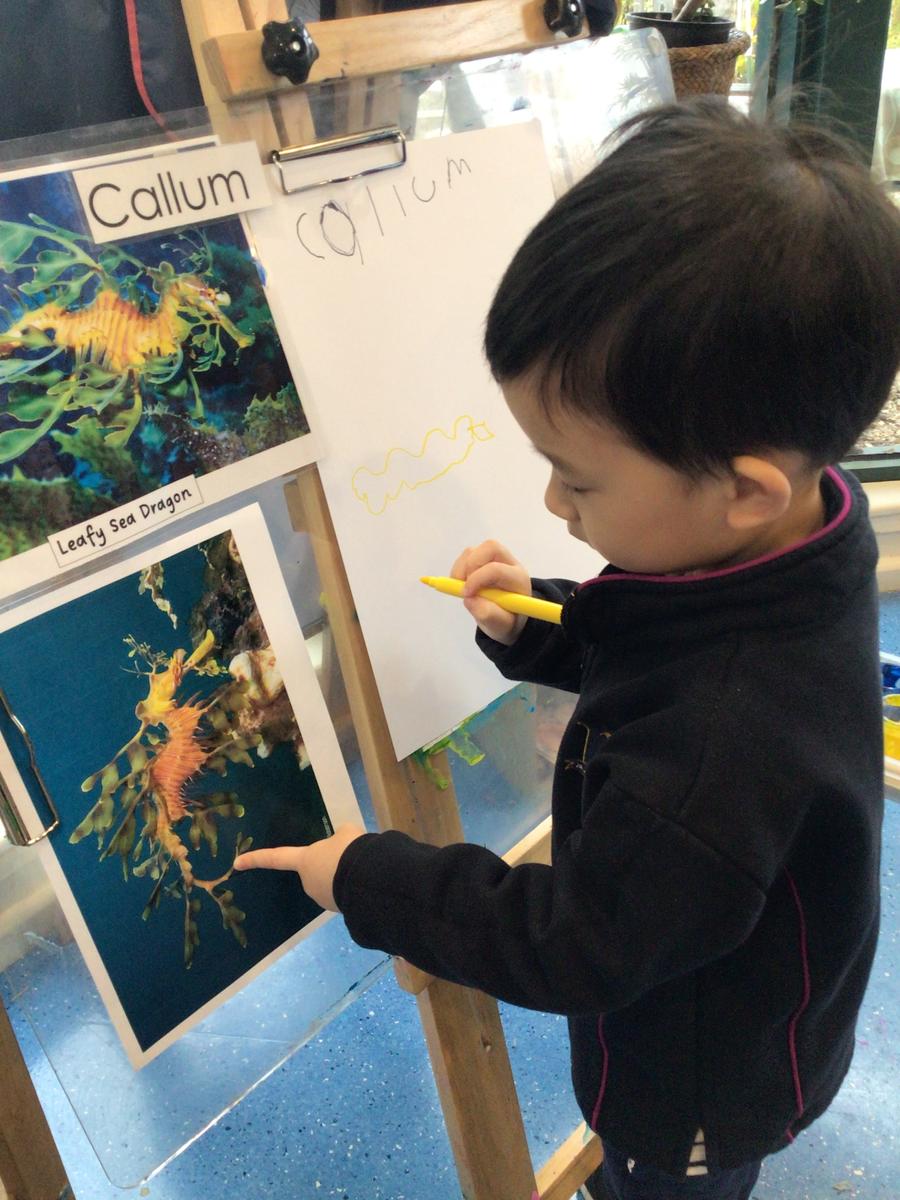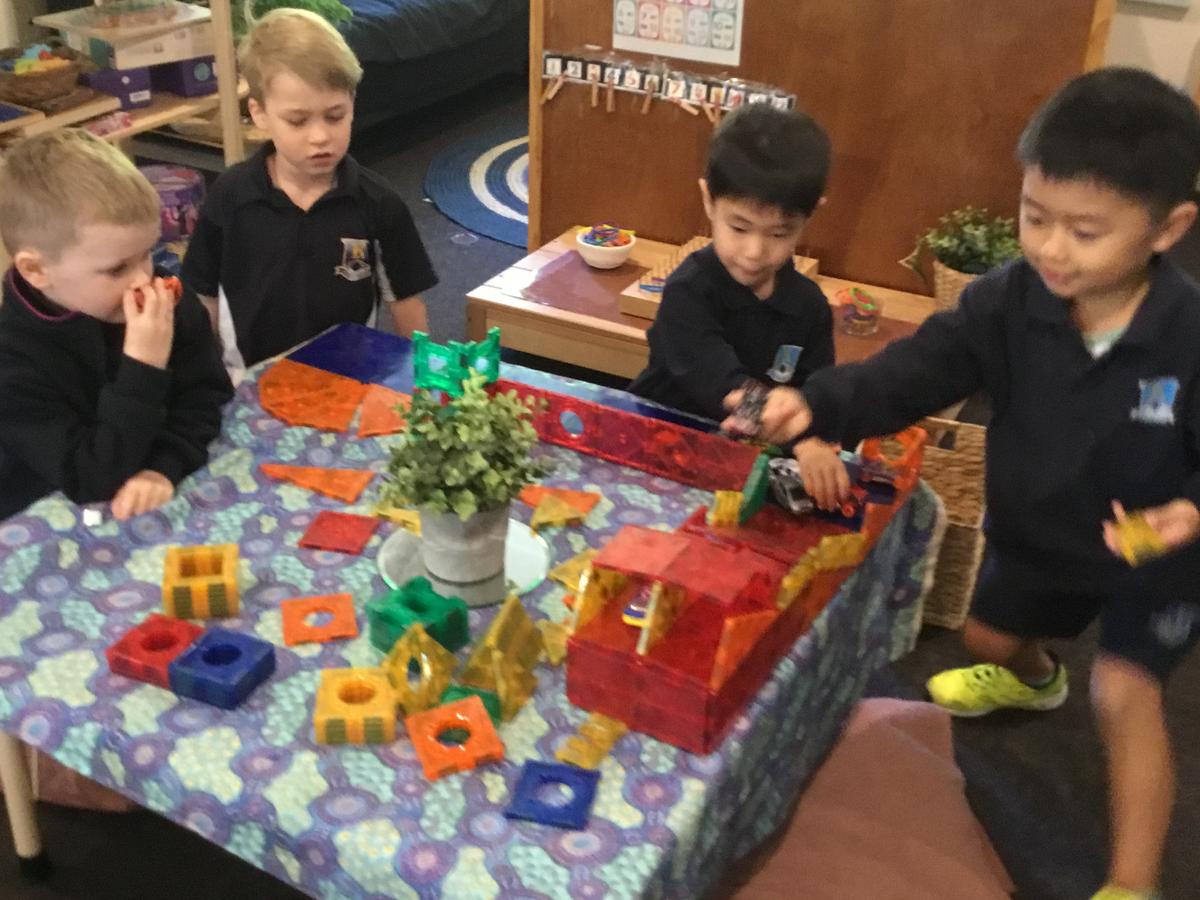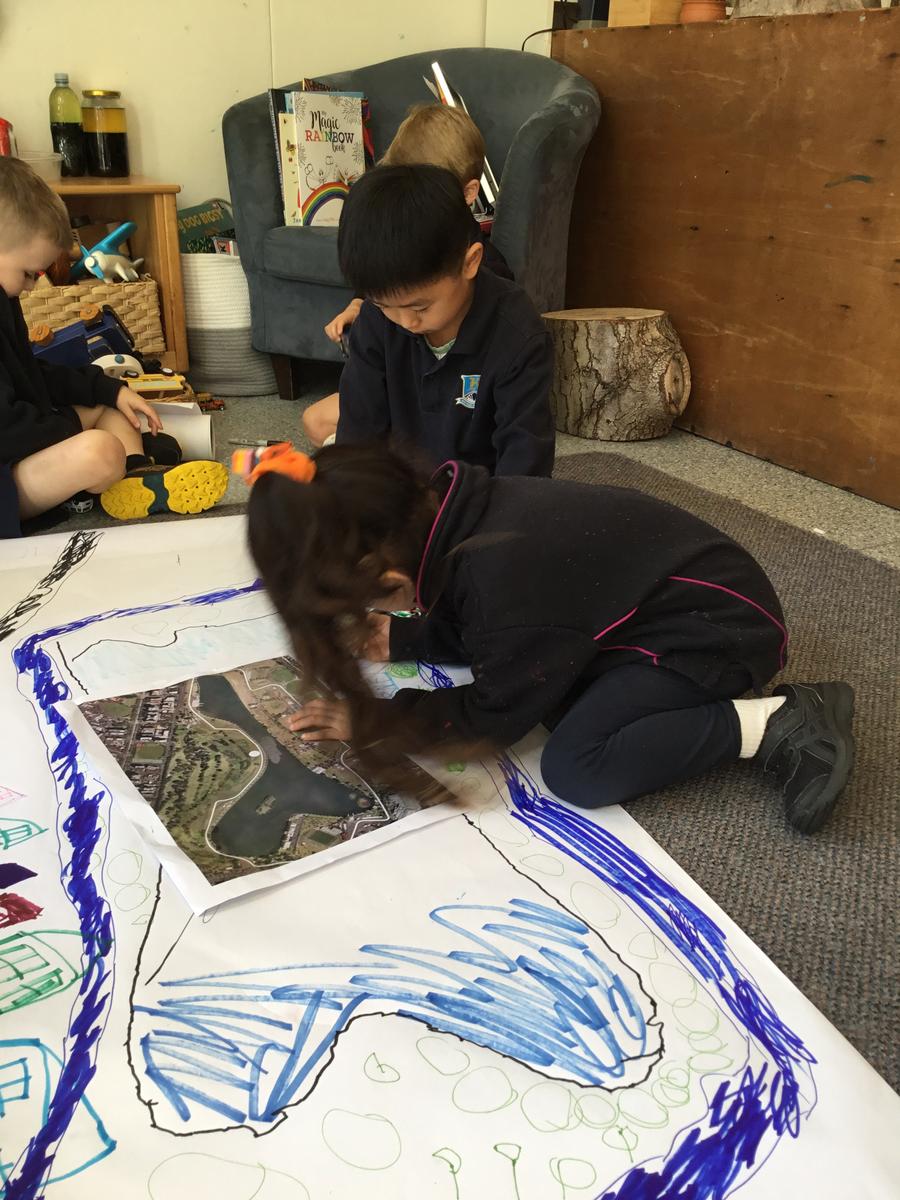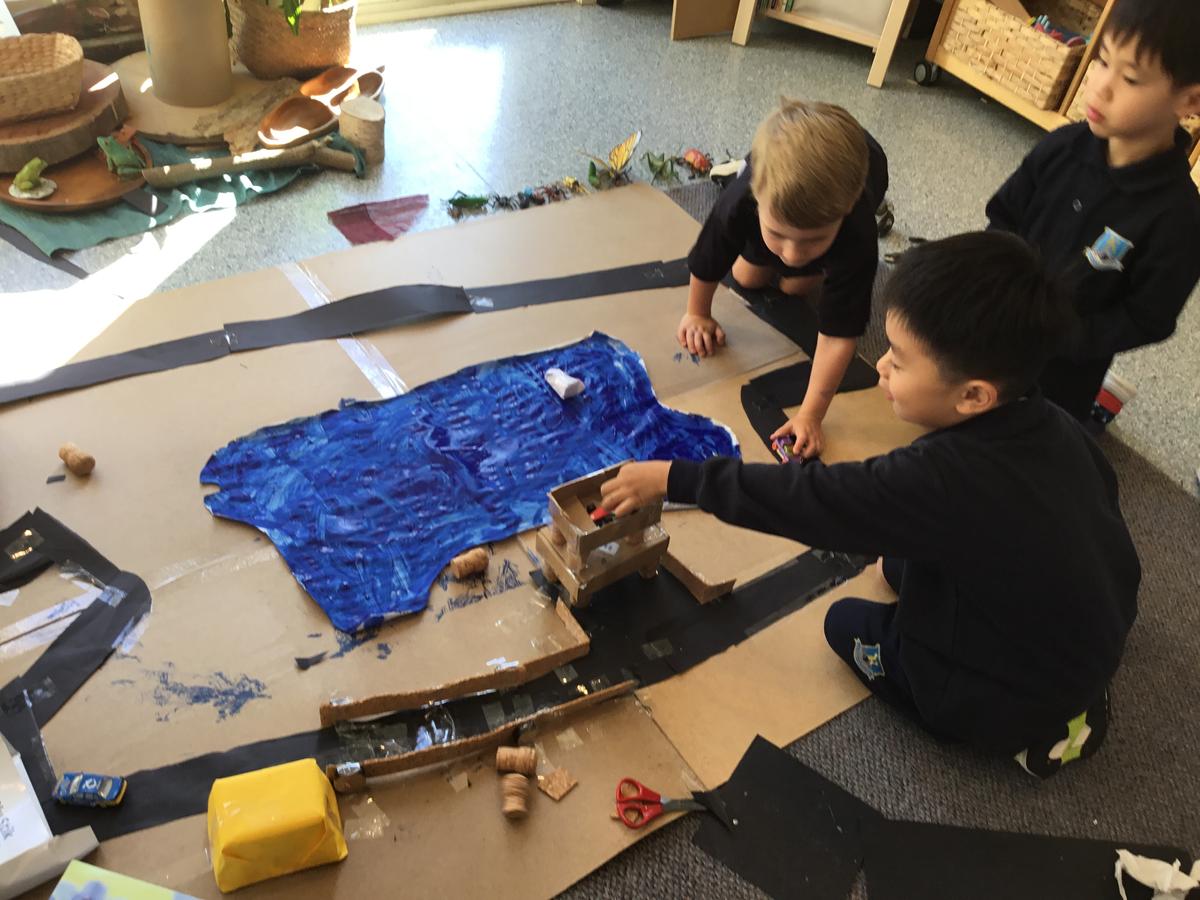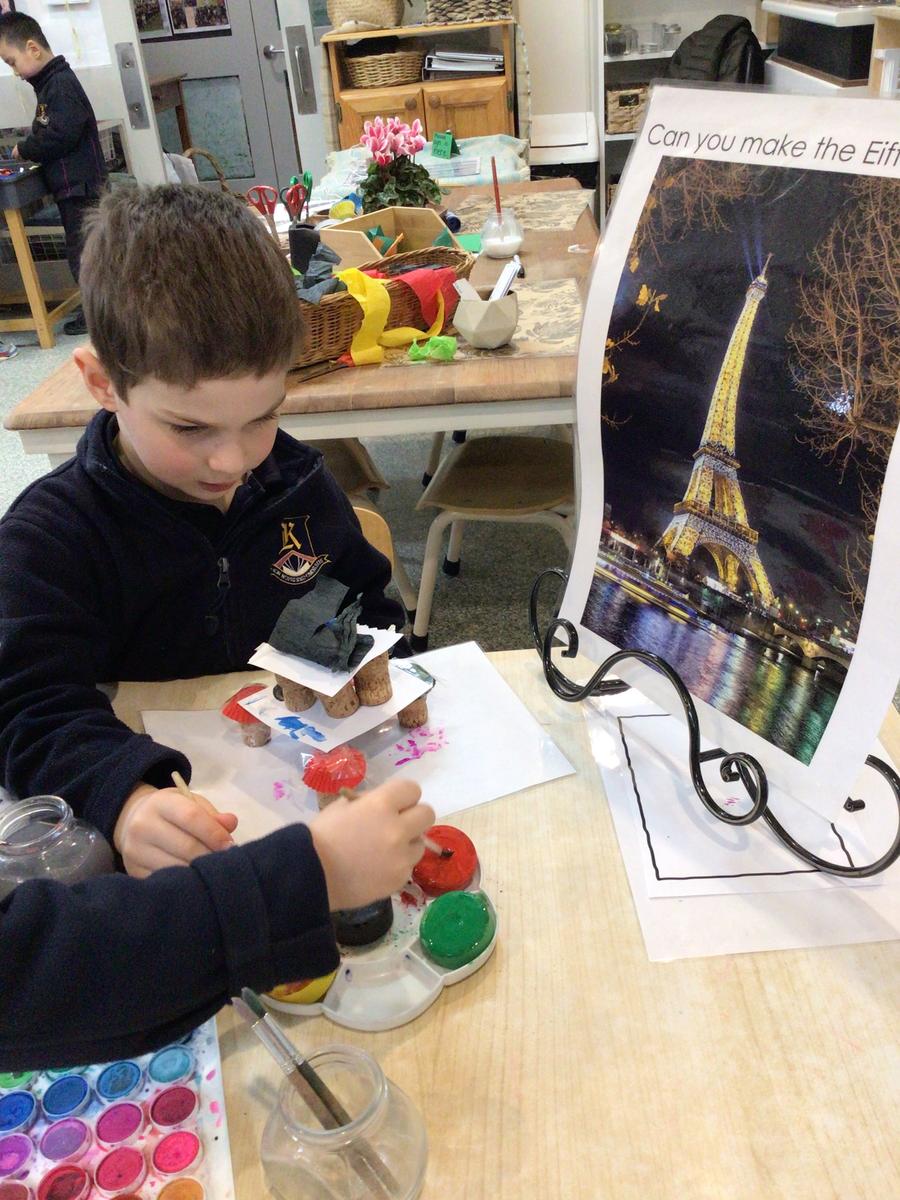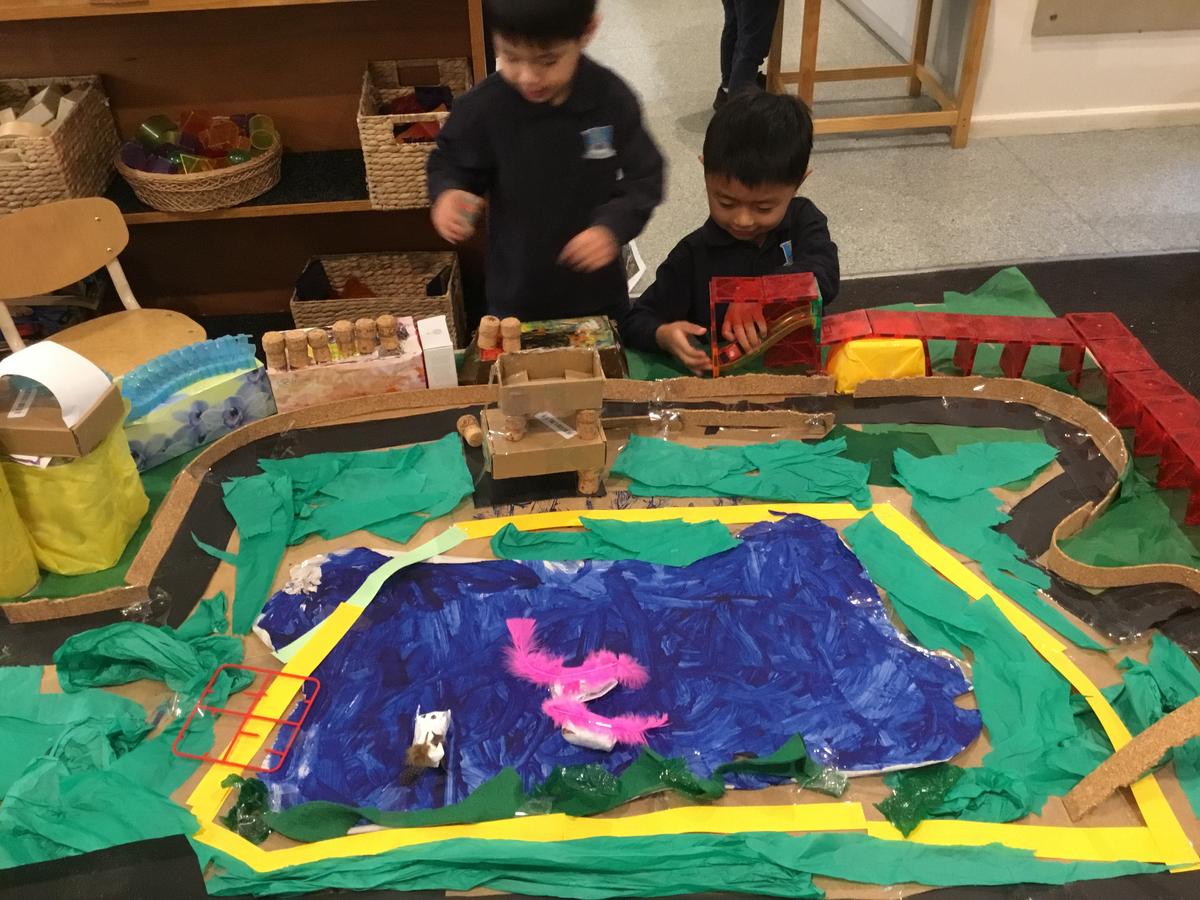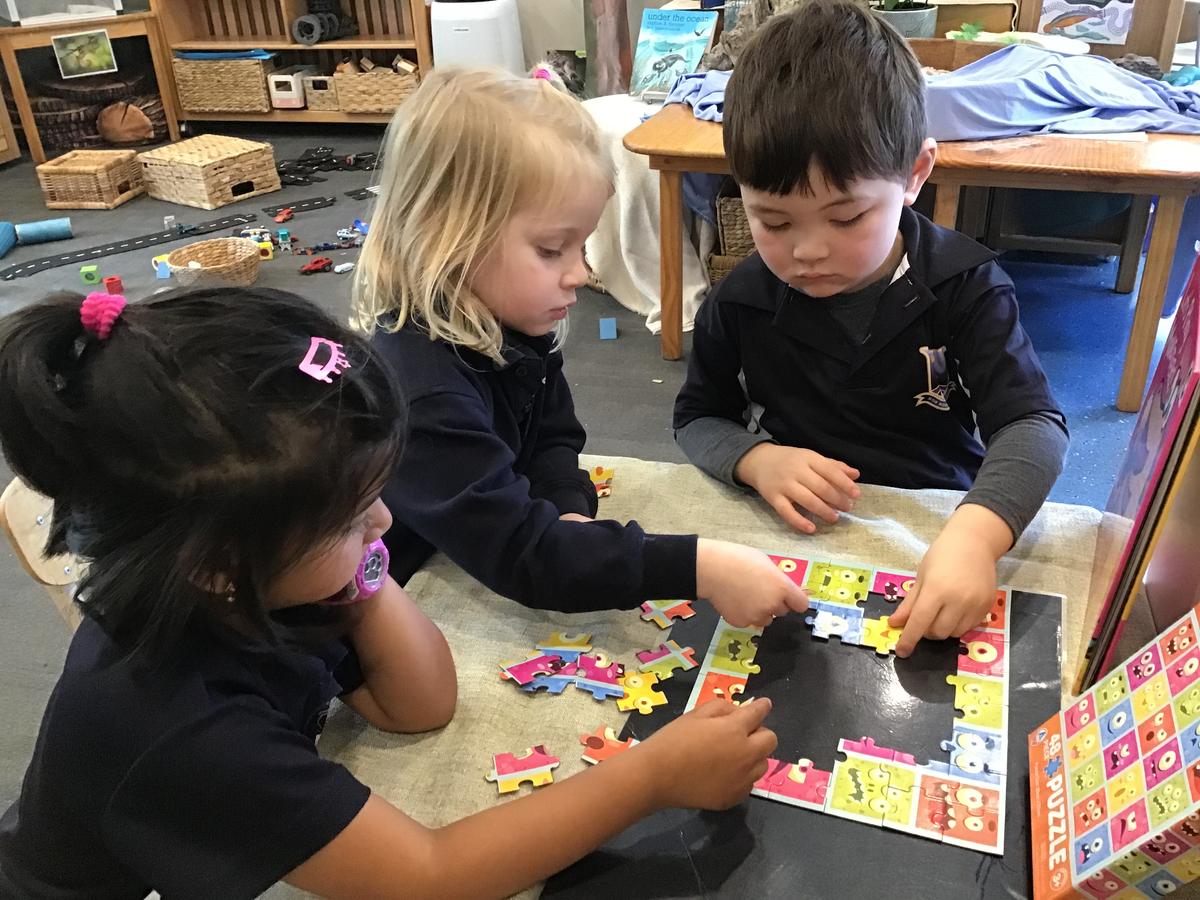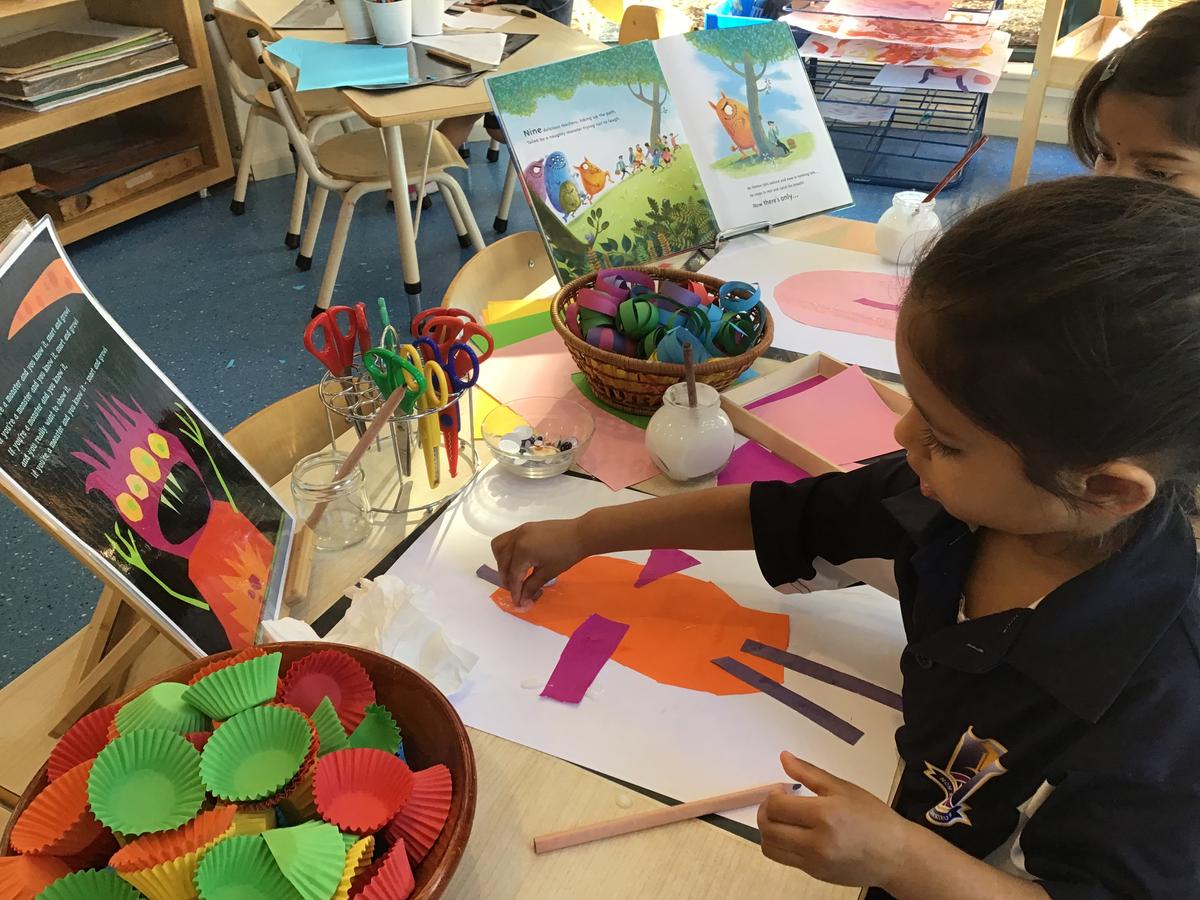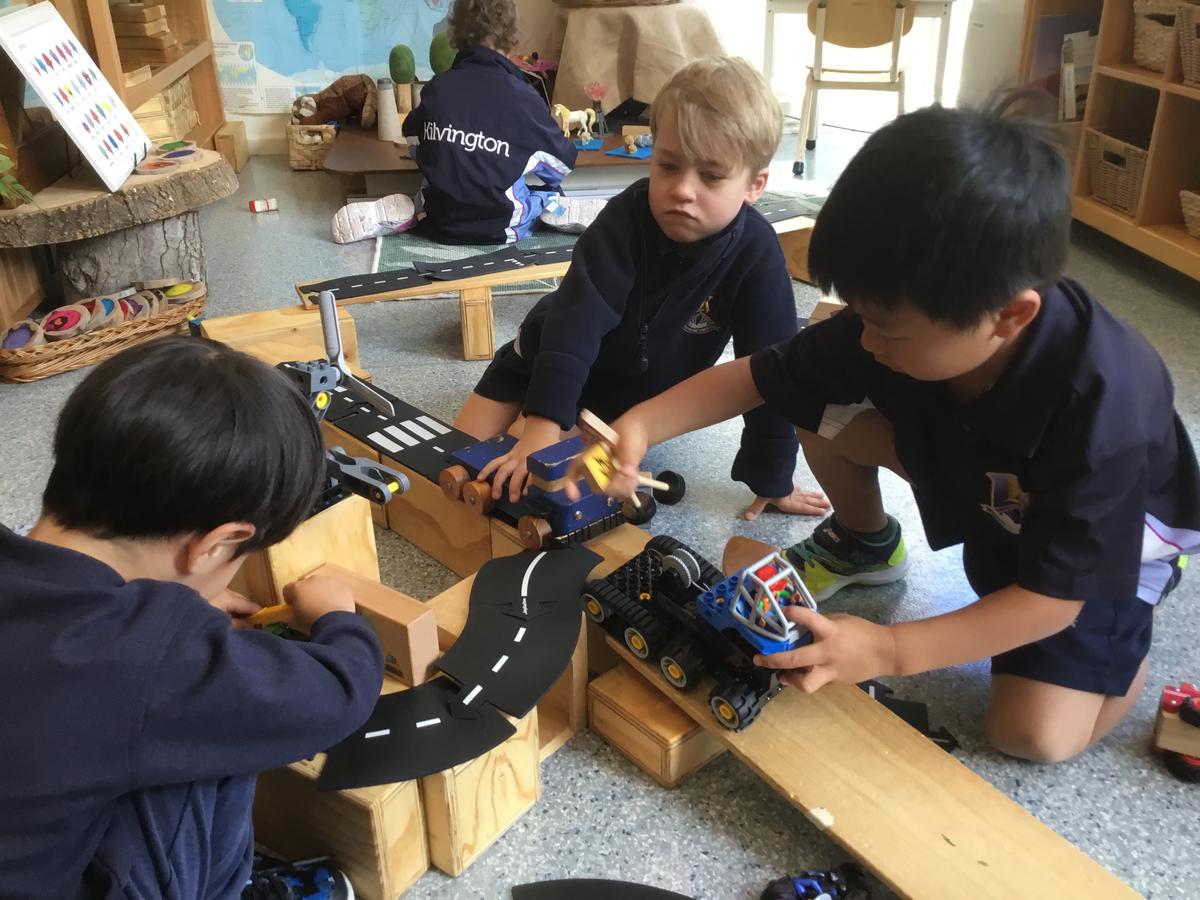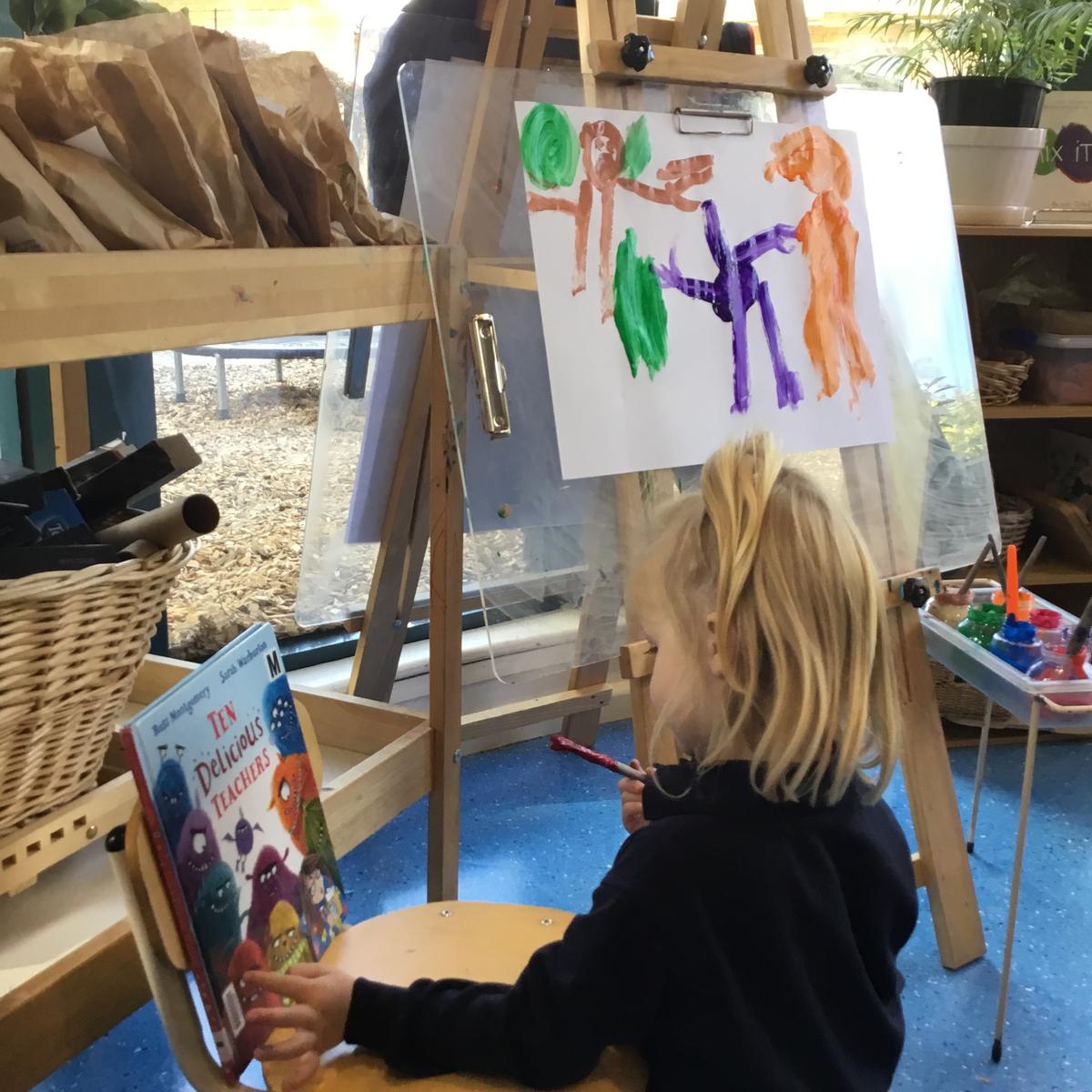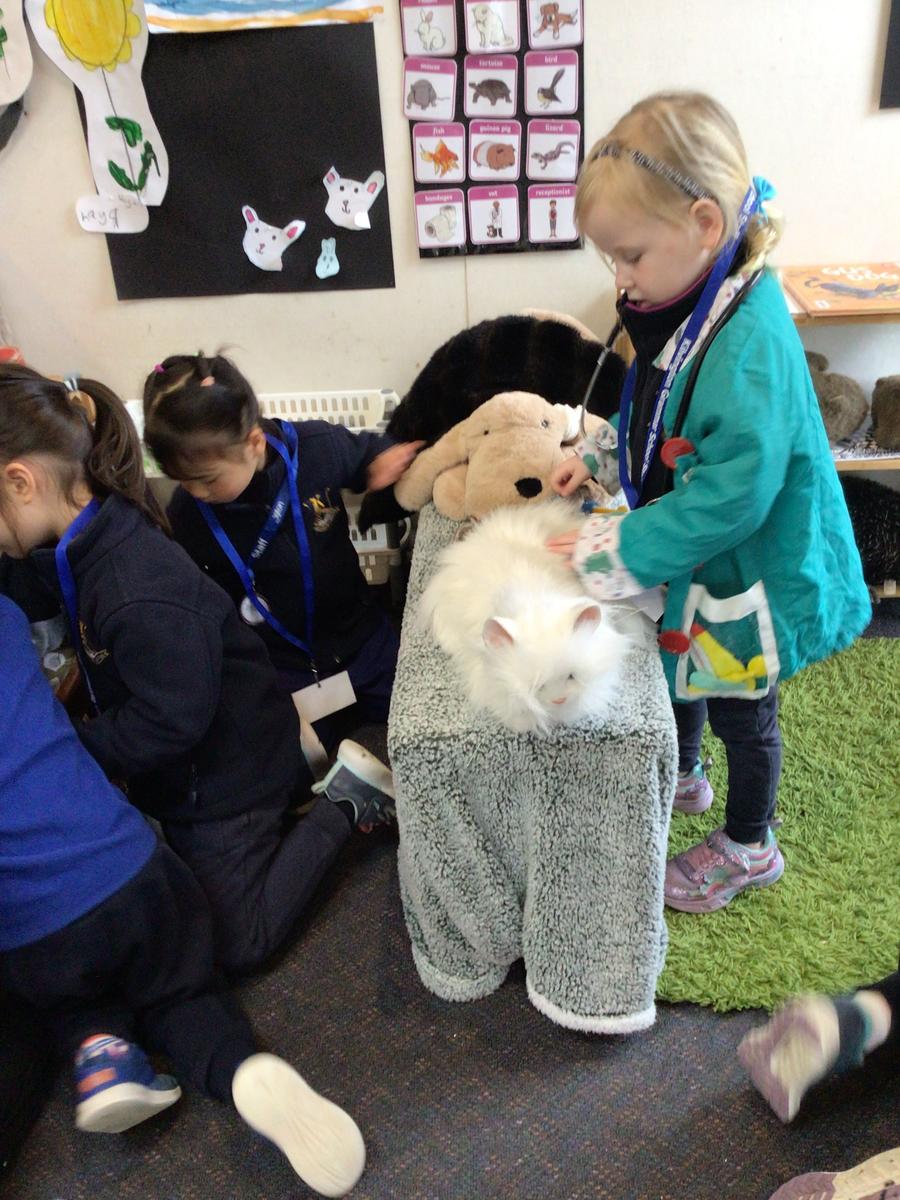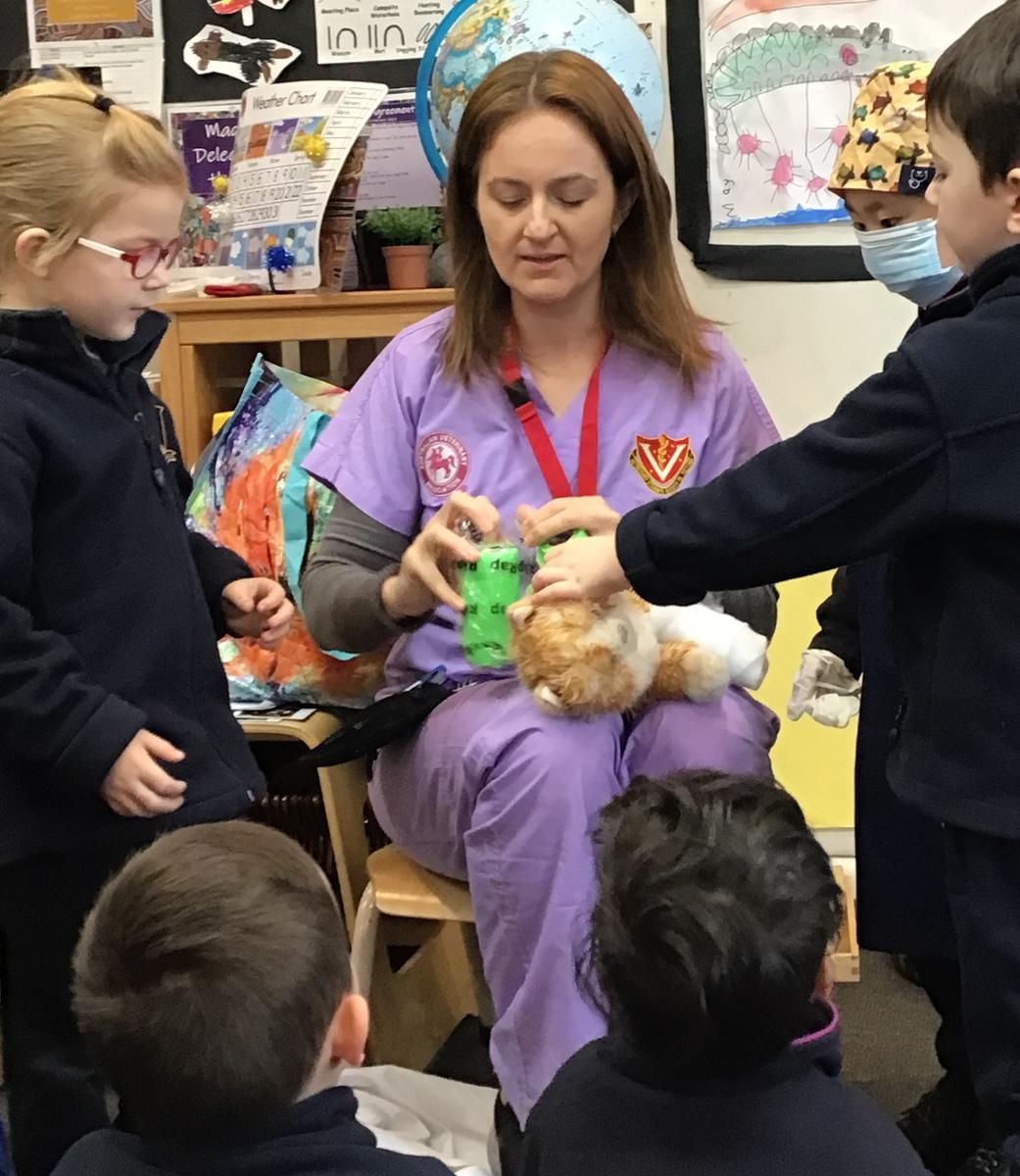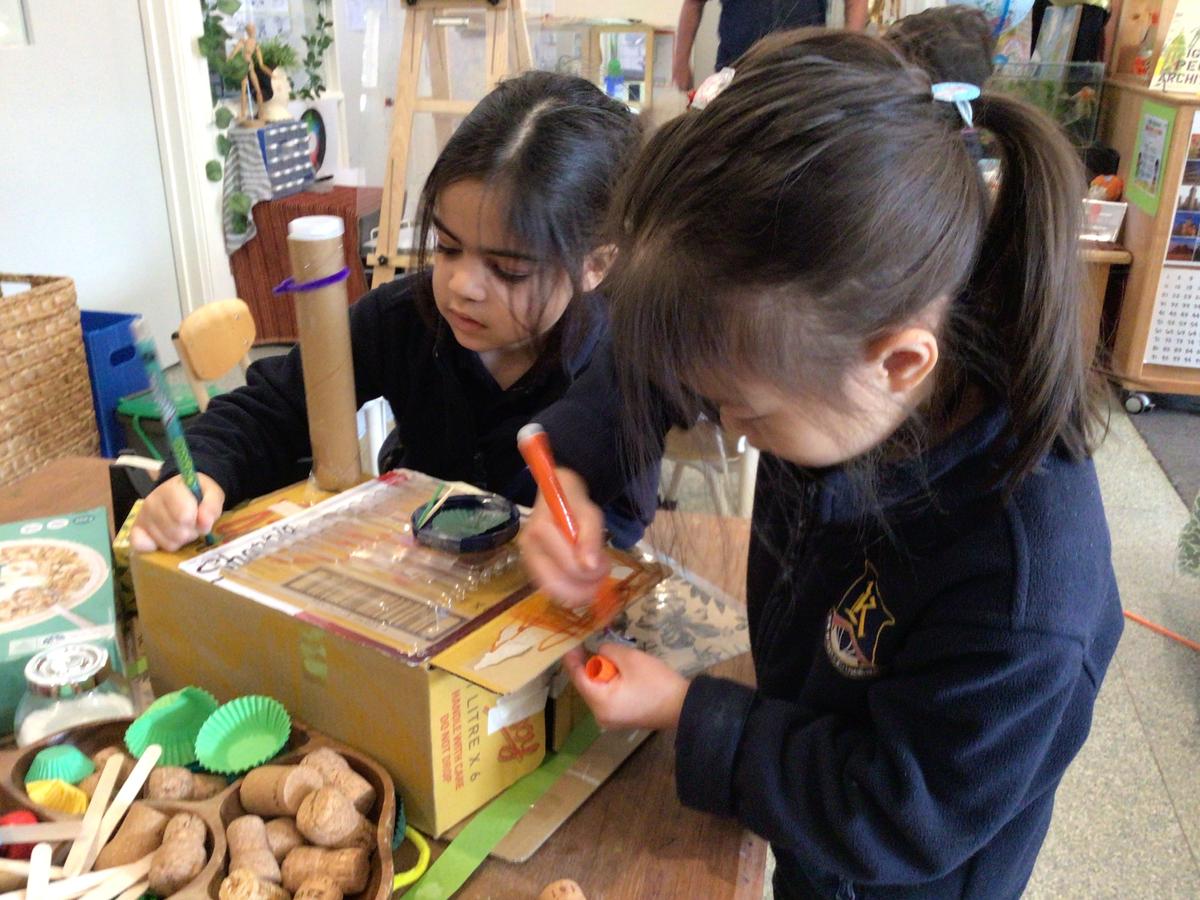ELC News
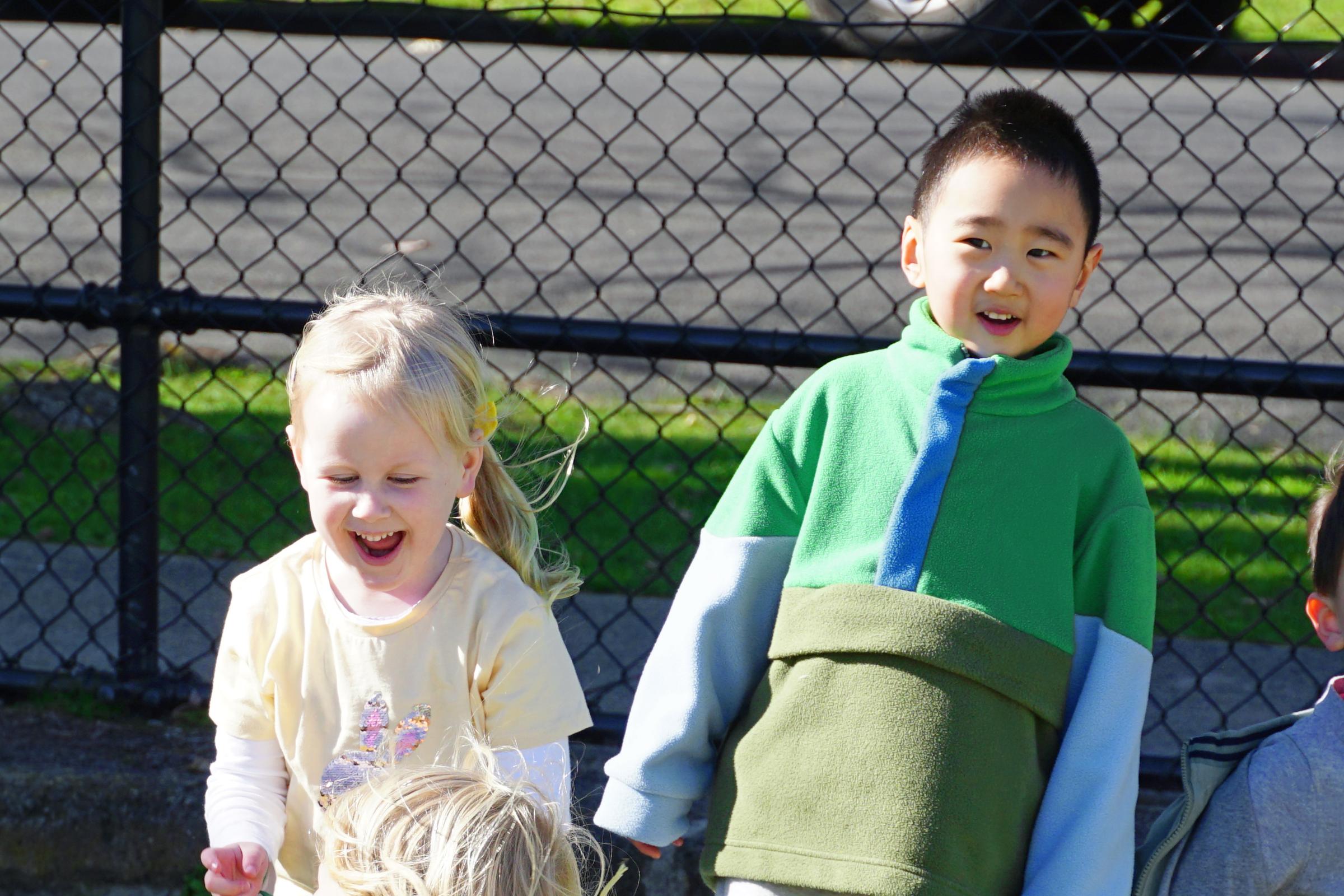
Lyn Pewtress, Director of the ELC
Applying the Reggio Emilia Approach in the ELC
At the Kilvington ELC, we follow two core educational philosophies: Intentional Teaching and an adaption of the Reggio Emilia approach.
I'm often asked to explain the Reggio Emilia approach and it's significance in the ELC. Originating from Italy, this approach emphasises project-based learning, where young learners are empowered to take an active role in their learning. By fostering curiosity and encouraging children to ask questions, explore and engage in hands-on activities, we create a dynamic learning environment.
We embrace the following principles of the Reggio Emilia approach:
- The Image of the Child - Children are viewed as strong, capable and resilient individuals, with a deep curiosity and potential, and are active participants in their own learning process.
- Emergent Curriculum - The projects and activities are based on the interests, ideas and questions of the children, and planned by teachers based on their observations and interactions with the children.
- Project-Based Learning - Learning occurs through long-term, in-depth projects that can span days, weeks or months, and are often collaborative, involving groups of children working together.
- The Role of the Environment - The environment is considered a crucial element in the learning process, acting as the ‘third teacher’. Classrooms are designed to be beautiful, engaging and functional, with materials and spaces that promote exploration and discovery.
- Documentation - Documentation of children’s work, discussions, and learning processes is displayed throughout the classroom, and serves as a tool for reflection for both teachers and children, helping to make learning visible.
- Collaboration and Relationships - Fostering strong connections between the school, family and the wider community.
- Teachers as Researchers - Teachers are seen as co-learners and collaborators with children, and continually reflect on their practices, learning from their interactions with children, and adapt their teaching strategies.
- Hundred Languages of Children - Children are encouraged to express themselves through various 'languages', such as drawing, sculpting, dramatic play, writing and speaking. Creativity and the arts are viewed as integral parts of learning and communication.
The Reggio Emilia approach to learning is a dynamic and flexible teaching practice that nurtures children's natural curiosity and fosters a deeper understanding of the world around them.
By creating an environment that encourages exploration, questioning and collaboration, we're able to support young learners in developing essential skills and a lifelong love of learning.

